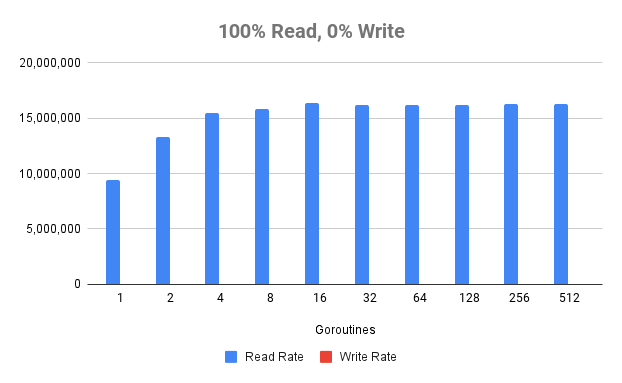
Building a Faster, Leaner Vector Search Library in Go
It all started innocently enough with a gaming side project. I wanted to create a fast and clever chat-bot for an NPC (Non-Player Character) that could keep up with players’ questions in real-time. Imagine a smart in-game assistant that could respond naturally to player queries without breaking immersion. But, as these things go, the project quickly evolved into something more ambitious. Over weekends and late nights, my simple chat-bot idea evolved into a full-blown vector search library kelindar/search....








